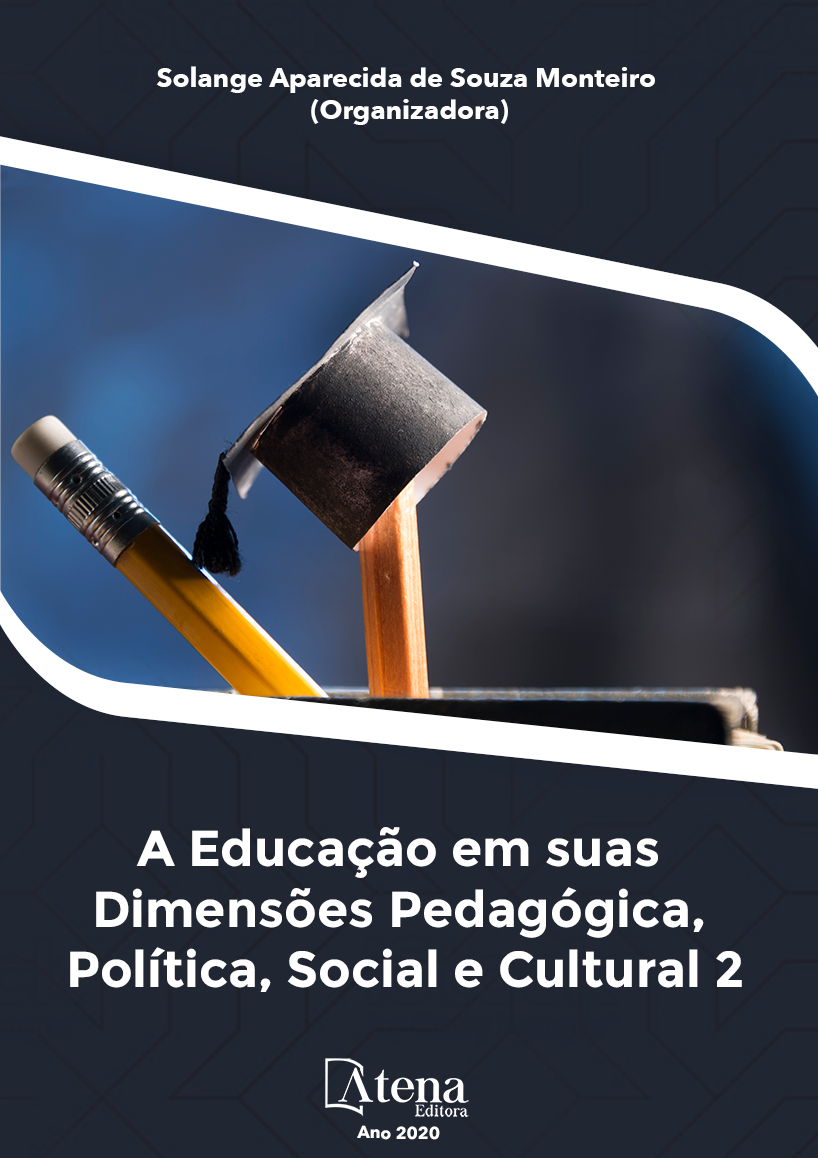
DESPROTEÇÃO SOCIAL E BARBÁRIE:A REALIDADE DE FILHOS E PAIS NA SEGREGAÇÃO DOS HANSENIANOS NA COMUNIDADE DE PARICATUBA IRANDUBA AM*
Ao mesmo tempo em que se
lutas por direitos se consolidam, ganham
forças as lutas dos filhos dos ex-portadores
da hanseníase, ao ter o reconhecimento por
parte do Estado, no Amazonas. O objetivo
do presente estudo foi analisar a questão da
desproteção social e barbárie a realidades de
filhos e pais separados pela segregação dos
hanseniano na comunidade de Paricatuba
no Município de Iranduba. Observa-se nos
ex-portadores da Hanseníase, a carência,
sentimento de tristeza, de inutilidade, vergonha,
culpa e constrangimento. Esse trabalho foi
de cunho bibliográfico, realizado através da
pesquisa em livros, revistas, artigos e internet.
O aumento da Hanseníase no Amazonas gerou
um impacto marcante na vida de pais e filhos,
representa uma metáfora excludente criada
no período áureo da Borracha, deixando um
resíduo, afastando dos olhos a hanseníase,
como se a sociedade da elite cosmopolita
também não tivesse produzido. O Estado
teve que reconhecer os direitos desses filhos
que foram segregados, que carregam marcas
profundas até os dias atuais. O Estado tem que
reconhecer não somente o direito as pessoas
que foram segregados em hospitais colônia,
mas também as pessoas que ficaram isolados
em domicílio em plena floresta Amazônica.
DESPROTEÇÃO SOCIAL E BARBÁRIE:A REALIDADE DE FILHOS E PAIS NA SEGREGAÇÃO DOS HANSENIANOS NA COMUNIDADE DE PARICATUBA IRANDUBA AM*
-
DOI: 10.22533/at.ed.2832013026
-
Palavras-chave: Hanseníase, exclusão Social, Direito Social.
-
Keywords: Leprosy, Social exclusion, Social Law.
-
Abstract:
At the same time as struggles
for rights are consolidated, the struggles of the
children of former leprosy carriers gain strength,
as the state recognizes them in the Amazon.
The aim of the present study was to analyze the
issue of social unprotection and barbarism to the
realities of children and parents separated by the
segregation of leprosy in the community of Paricatuba in the municipality of Iranduba.
It is observed in former leprosy patients, the lack, feeling of sadness, worthlessness,
shame, guilt and embarrassment. This work was of bibliographic nature, accomplished
through the research in books, magazines, articles and internet. The increase in
leprosy in the Amazon has had a marked impact on the lives of parents and children,
representing an exclusionary metaphor created in the golden age of Rubber, leaving a
residue away from leprosy, as if the society of the cosmopolitan elite had not produced
either. The state had to recognize the rights of these segregated children, who carry
deep marks to the present day. The state has to recognize not only the right of people
who were segregated in colony hospitals, but also those who were isolated at home in
the middle of the Amazon rainforest.
-
Número de páginas: 15
- Ana Maria Menezes Fonseca
- Angela Emilia Gama da Silva


